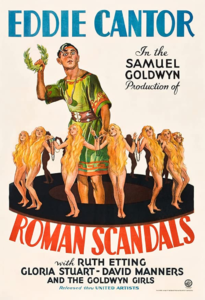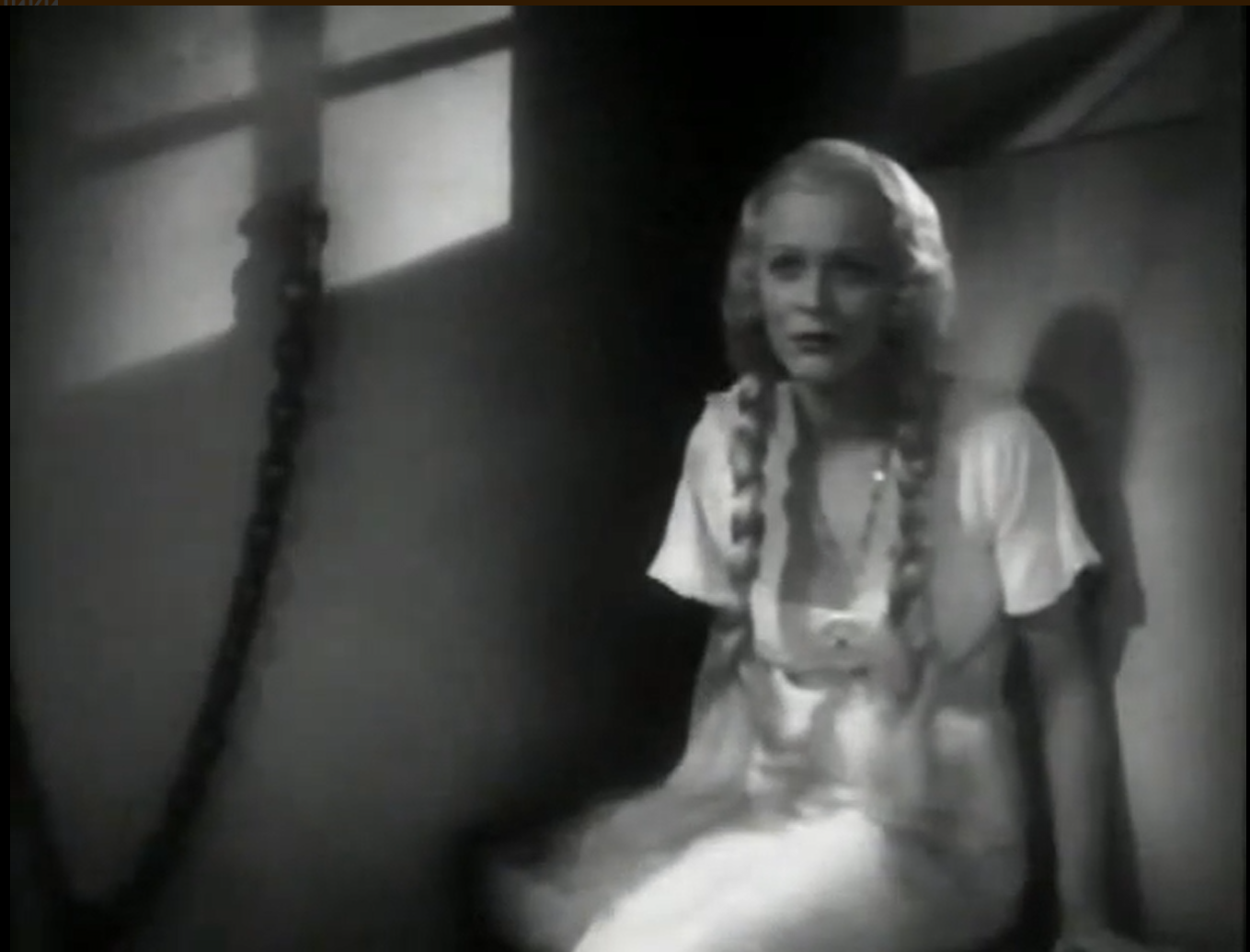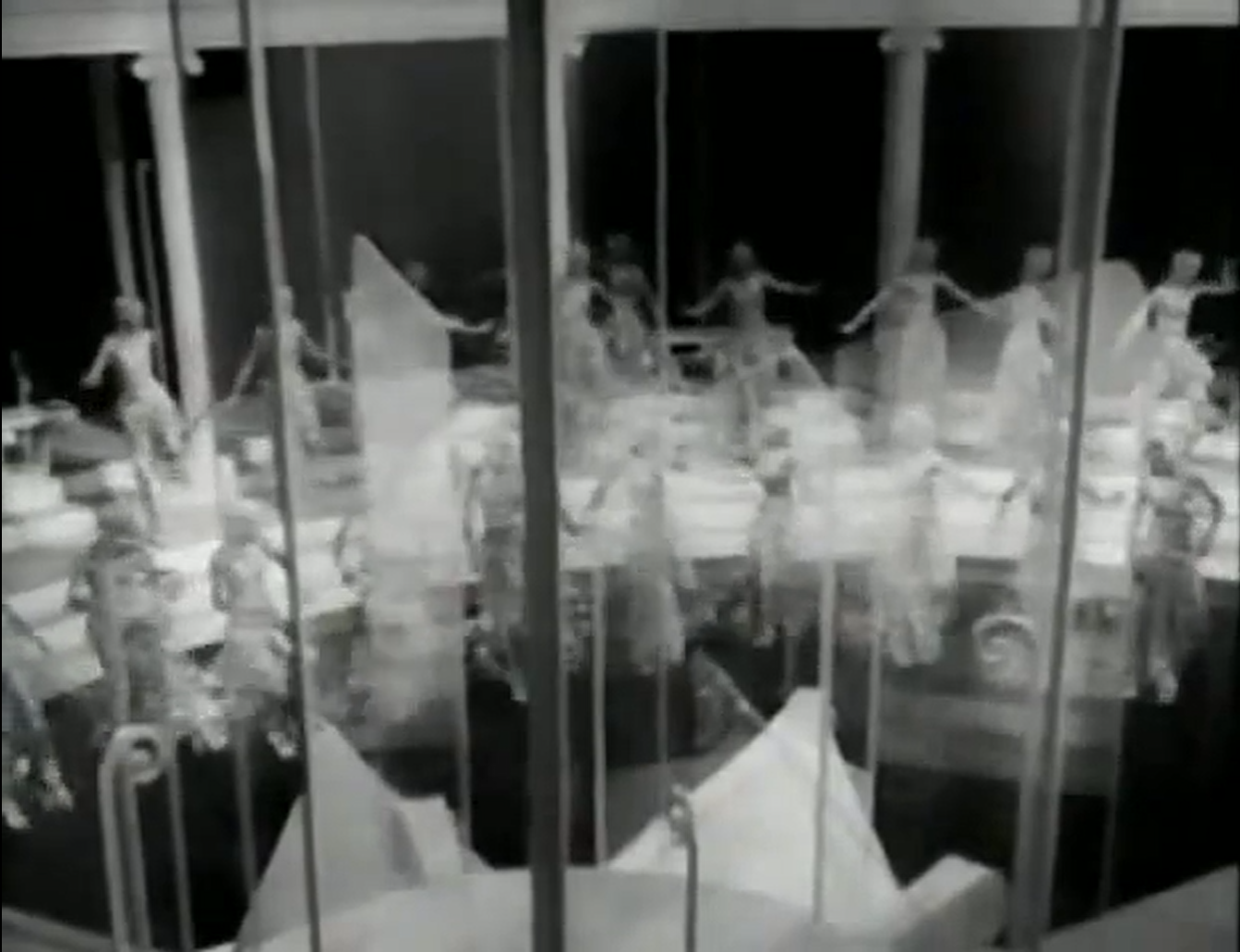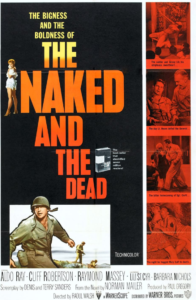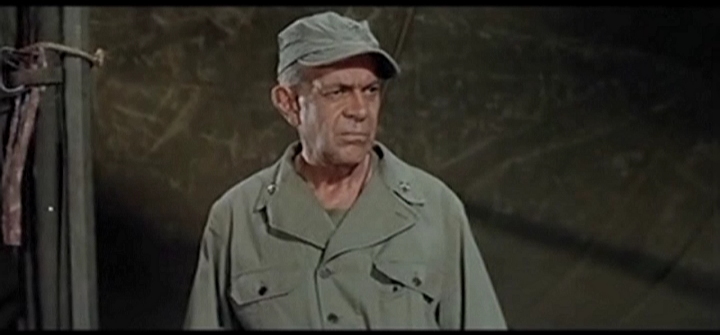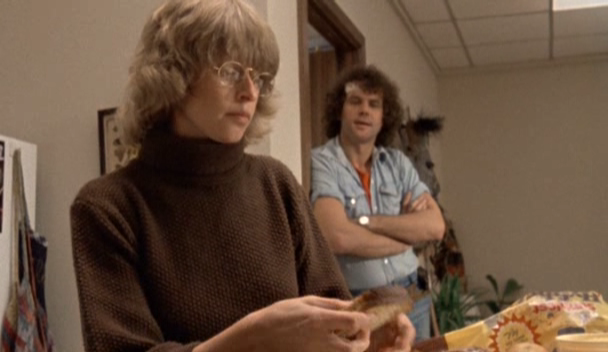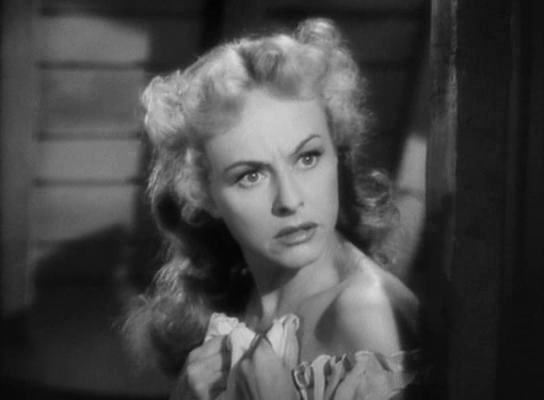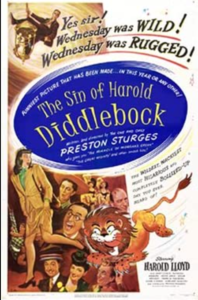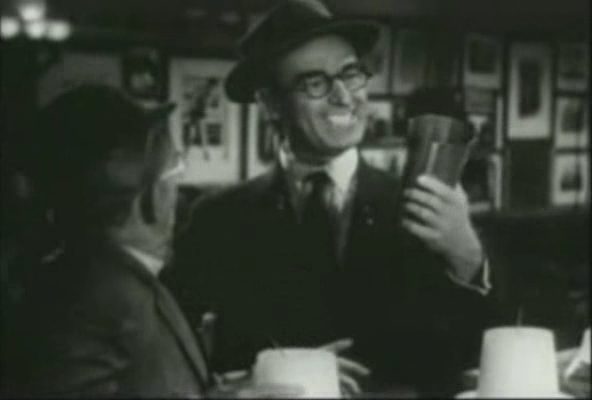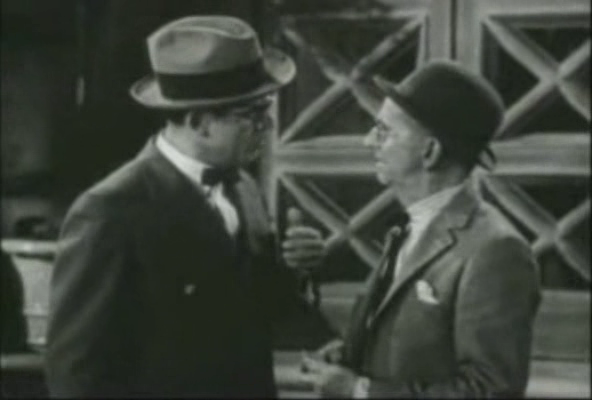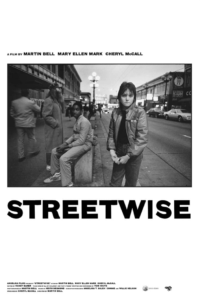|
Genres, Themes, Actors, and Directors:
- Documentary
- Homeless
- Survival
- Teenagers
Response to Peary’s Review:
As Peary notes, this Oscar-nominated documentary about “street kids living in Seattle’s tenderloin” — a “world of street brawls, drugs, perverts on the make, filth, hassles with the police, frequent busts” — is “bruising cinema verite“. While the kids may “seem happy to be free of their parents and enjoying life on their own”, this is simply because life at home with their irresponsible and/or abusive parents and stepparents was so much worse. Indeed, some of the film’s most haunting sequences involve the kids visiting their parents, who are astonishingly blase about the fact that their kids are making a living on the street: one (an alcoholic waitress) simply assumes it’s a “phase” her daughter is going through, while another (a father in jail for burglary and arson) appears to want the best for his son but simultaneously ridicules and belittles him. It’s truly impressive how much access filmmakers Martin Bell, Mary Ellen Mark, and Cheryl McCall (whose initial article for Life magazine inspired the documentary) gain into the private lives of the kids and their families, down to hearing young pimps openly soliciting girls to work for them (weren’t they afraid of exposure?). Despite the recent glut of “reality” T.V. and documentaries, this early glimpse into the lives of homeless teens rises a cut above, and is guaranteed to linger in your thoughts long after it’s over.
Note: A 23-minute follow-up film was made about the life of one of the teens showcased in the movie (“Tiny”), but I haven’t yet been able to locate a copy. Any hints are most welcome.
Redeeming Qualities and Moments:
- Countless powerful sequences



Must See?
Yes; this one will haunt you long after it’s over.
Categories
- Historical Relevance
- Oscar Winner or Nominee
Links:
|
